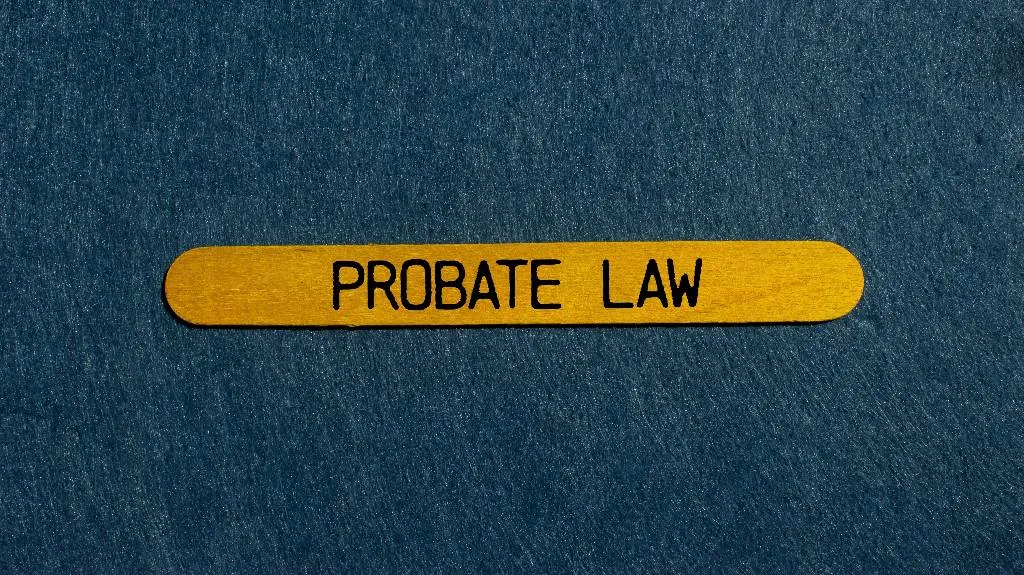Ensure your legacy lives on and your wishes are fulfilled with an estate plan. While the primary focus often lies on providing for loved ones, many individuals also wish to leave a lasting impact through charitable giving. Leaving your estate to charity is a noble way to contribute to causes you care deeply about, and it can provide significant benefits for both your estate and your beneficiaries. This comprehensive guide from our estate planning law firm will explore the benefits, considerations, and steps involved in including charitable giving in your estate plan.
The advantages of bequeathing your estate to charity
- Philanthropic Legacy: By leaving a portion of your estate to charity, you create a lasting legacy that reflects your values and passions. Whether you support education, healthcare, environmental conservation, or any other cause, your charitable contributions can make a significant difference.
- Tax Benefits: Charitable contributions can provide substantial tax advantages. Donations to qualified charitable organizations are typically tax-deductible, which can reduce your estate’s taxable value and potentially lower your estate tax liability.
- Supporting Causes You Care About: Your estate can continue to support the causes and organizations that matter most to you. This can include local charities, religious institutions, universities, or international non-profits.
- Family Harmony: Including charitable giving in your estate plan can be a way to avoid potential conflicts among beneficiaries by providing a clear, structured plan for asset distribution.
There are key considerations for charitable giving in estate planning.
- Choosing the Right Charities: Selecting the right charities is crucial. Conduct research on the organizations to confirm their alignment with your values and their reputation. Consider their mission, financial health, and the impact of their work.
- Determining the Gift Structure: Decide how you want to structure your charitable gift. Common options include bequests in your will, charitable trusts, and beneficiary designations on retirement accounts or life insurance policies.
- Balancing Charitable and Family Goals: Ensure that your charitable intentions do not inadvertently harm your family’s financial security. Striking a balance between supporting your loved ones and your chosen causes is essential.
- Legal and Tax Implications: Consult with an estate planning attorney and a tax advisor to understand the legal and tax implications of your charitable gifts. This will help you maximize the benefits for both your estate and the charities.
The following are the steps to include charitable giving in your estate plan:
1. Assess your assets and goals
Begin by taking a comprehensive inventory of your assets and determining your overall estate planning goals. Consider the following questions:
Get a Free Consultation Today
- What assets do you have, including real estate, investments, retirement accounts, and personal property?
- What are your priorities in terms of providing for your family and supporting charitable causes?
- What specific charities or causes do you wish to support, and to what extent?
2. Consult with professionals
Engage with professionals who can guide you through the process. This team should include:
- Estate Planning Attorney in California: An experienced attorney can help you draft and update your will, establish trusts, and ensure your estate plan complies with state and federal laws.
- Tax Advisor: A tax professional can provide insights into the tax benefits and implications of your charitable gifts.
- Financial planner: can help you assess the impact of your charitable giving on your overall financial picture and ensure your goals are achievable.
3. Choose the appropriate charitable giving options
There are several ways to include charitable giving in your estate plan. Each option has its own advantages and considerations.
-
Bequests in Your Will
A bequest is a straightforward way to leave assets to charity. You can specify a fixed amount, a percentage of your estate, or a particular asset. You can designate bequests for specific purposes or leave them unrestricted.
“I bequeath $50,000 to [Charity Name] for their educational programs.”
-
Charitable Trusts
Charitable trusts offer more flexibility and can provide income to your beneficiaries while eventually benefiting the charity. There are two main types of charitable trusts:
- Charitable Remainder Trust (CRT): This trust provides income to your beneficiaries for a specified period, after which the remaining assets go to the charity. CRTs can offer significant tax benefits, including an immediate charitable deduction and deferral of capital gains taxes.
- Charitable Lead Trust (CLT): This trust provides income to the charity for a specified period, after which the remaining assets go to your beneficiaries. CLTs can help reduce gift and estate taxes on the assets transferred to your beneficiaries.
-
Beneficiary Designations
You can designate a charity as the beneficiary of retirement accounts, life insurance policies, and other financial accounts. This option is simple to implement and allows you to support charities without altering your will or trust.
Example: You can designate [Charity Name] as a 50% beneficiary of your IRA.
-
Donor-Advised Funds
A donor-advised fund (DAF) allows you to make a charitable contribution, receive an immediate tax deduction, and recommend grants to charities over time. DAFs can be a flexible and tax-efficient way to manage your charitable giving.
4. Draft and update your estate plan documents.
Work with your estate planning attorney in California to draft or update your estate plan documents to reflect your charitable intentions. A comprehensive estate plan from Filippi Law Firm includes these documents.
5. Communicate your wishes
Communicate your charitable intentions to your family and the charities you plan to support. This can help avoid misunderstandings and guarantee they honor your wishes. Consider writing a letter of intent to accompany your estate plan, explaining the reasons behind your charitable choices.
6. Review and update regularly.
Estate planning is not a one-time event. Regularly review and update your estate plan to reflect changes in your life, financial situation, and charitable goals. Major life events such as marriage, divorce, the birth of a child, or the death of a beneficiary should prompt a review of your plan.
There are real-life examples of charitable giving in estate planning.
Example 1: The Smith Family Foundation
John and Mary Smith, a philanthropic couple with a passion for education, decided to establish a family foundation through their estate plan. They worked with their estate planning attorney to create a charitable remainder trust, which provided income to their children for 20 years. After that period, the remaining assets funded the Smith Family Foundation, supporting scholarships and educational programs.
Example 2: Make a request to a local animal shelter.
Susan Green, an animal lover, wanted to leave a lasting impact on her community’s animal shelter. She included a bequest in her will, specifying that 25% of her estate would go to the shelter. Susan also named the shelter as a beneficiary of her life insurance policy. Her thoughtful planning ensured that the shelter received significant support, helping it expand its services and save more animals.
Example 3: Beneficiary Designation for a Retirement Account
David Johnson, a retired engineer, designated a cancer research organization as the beneficiary of his IRA. He avoided income taxes on the retirement account because the charity was tax-exempt. David’s gift contributed to groundbreaking research and advancements in cancer treatment, leaving a meaningful legacy.
Conclusion
Leaving your estate to charity is a powerful way to make a lasting impact on the causes you care about while potentially providing significant tax benefits. By carefully planning your charitable giving, consulting with professionals, and selecting the appropriate strategies, you can create a legacy that reflects your values and supports your chosen causes. Our estate planning law firm is committed to guiding you through this process, guaranteeing the fulfillment of your charitable intentions and the alignment of your estate plan with your overall objectives.
If you are considering including charitable giving in your estate plan, contact our experienced estate planning attorneys today. We are here to provide the guidance and support you need to create a meaningful and effective estate plan. Our consultations are free and can be done over the phone, via Zoom, or in person at our office in Rocklin, California.




